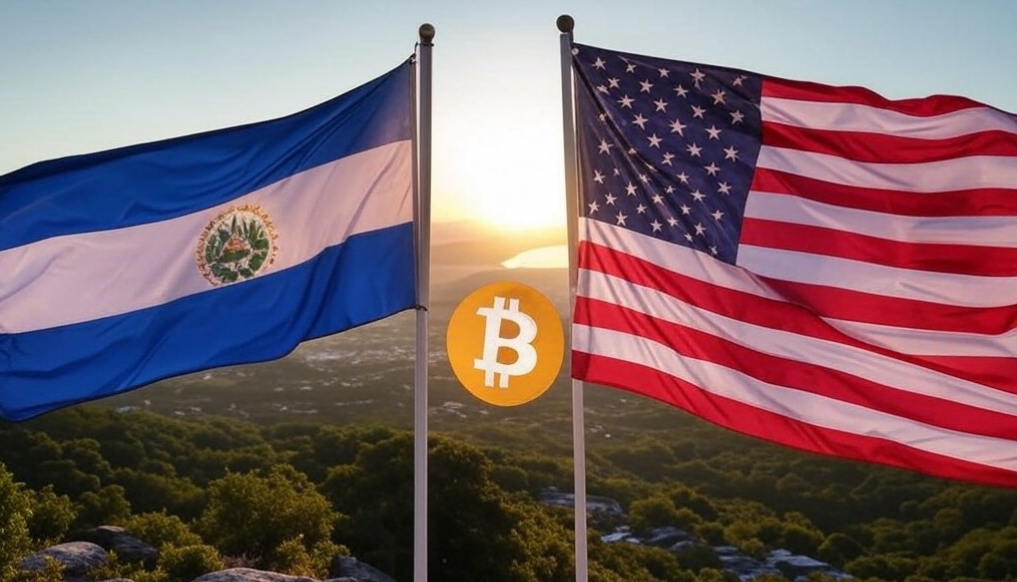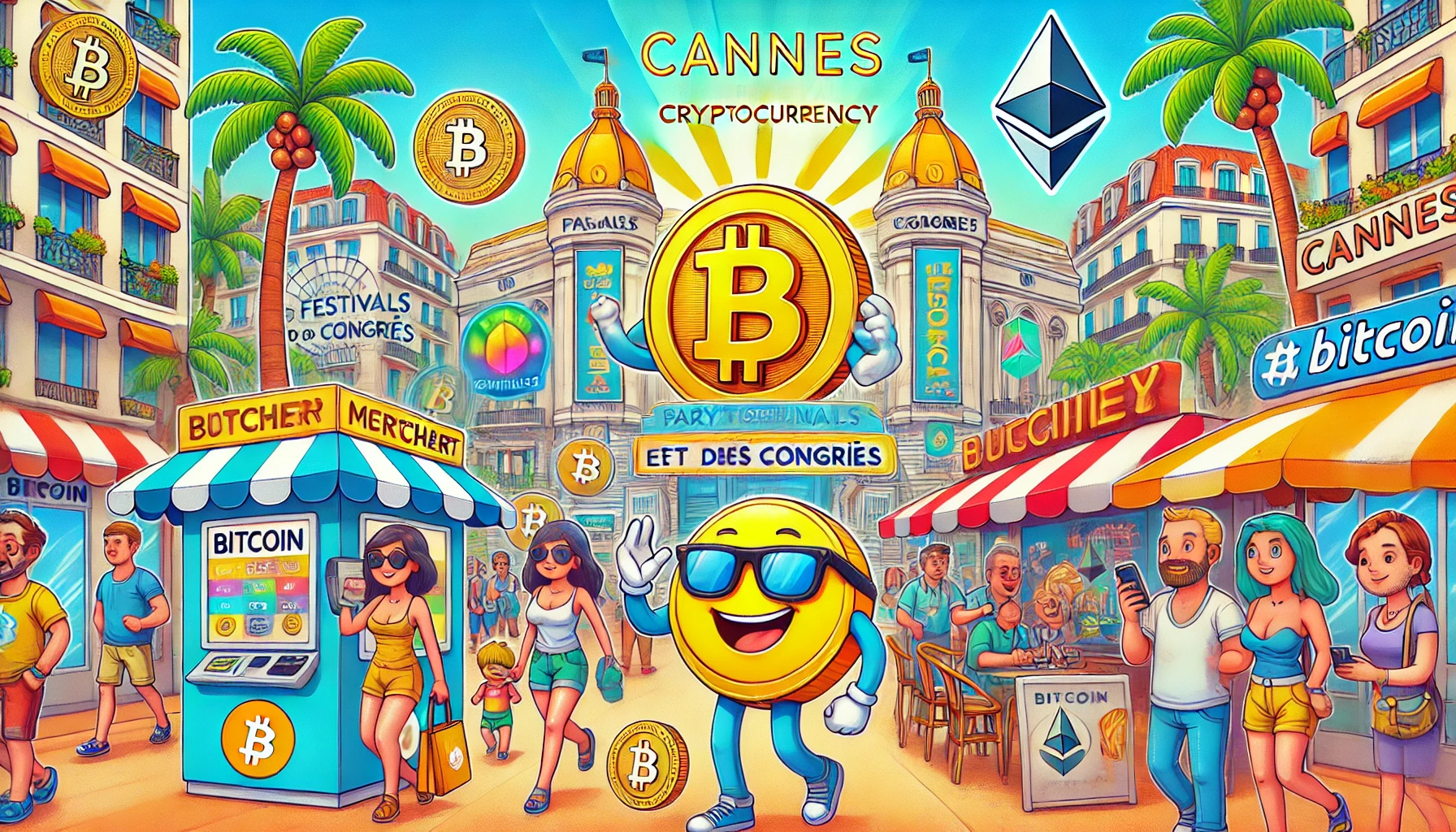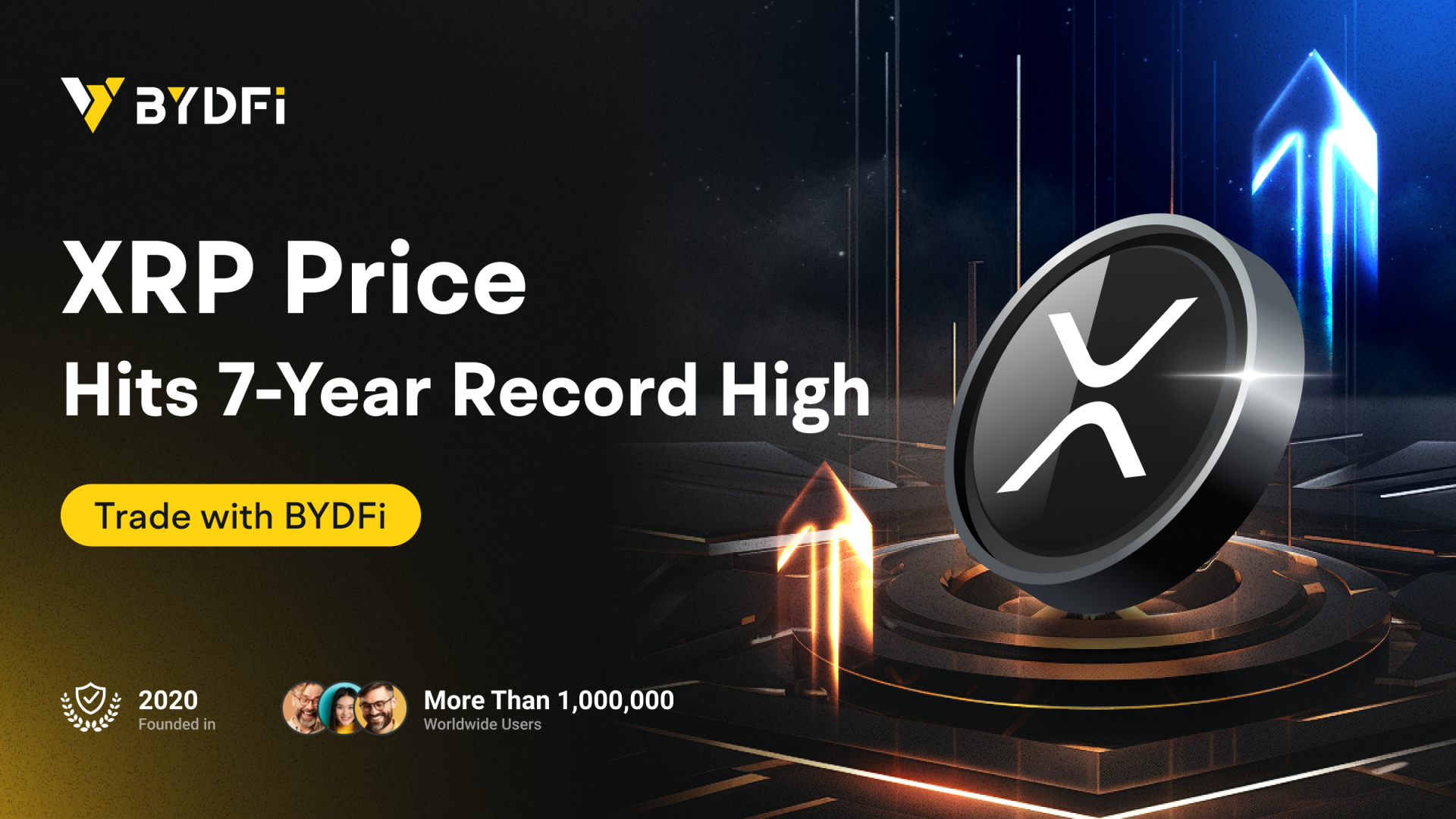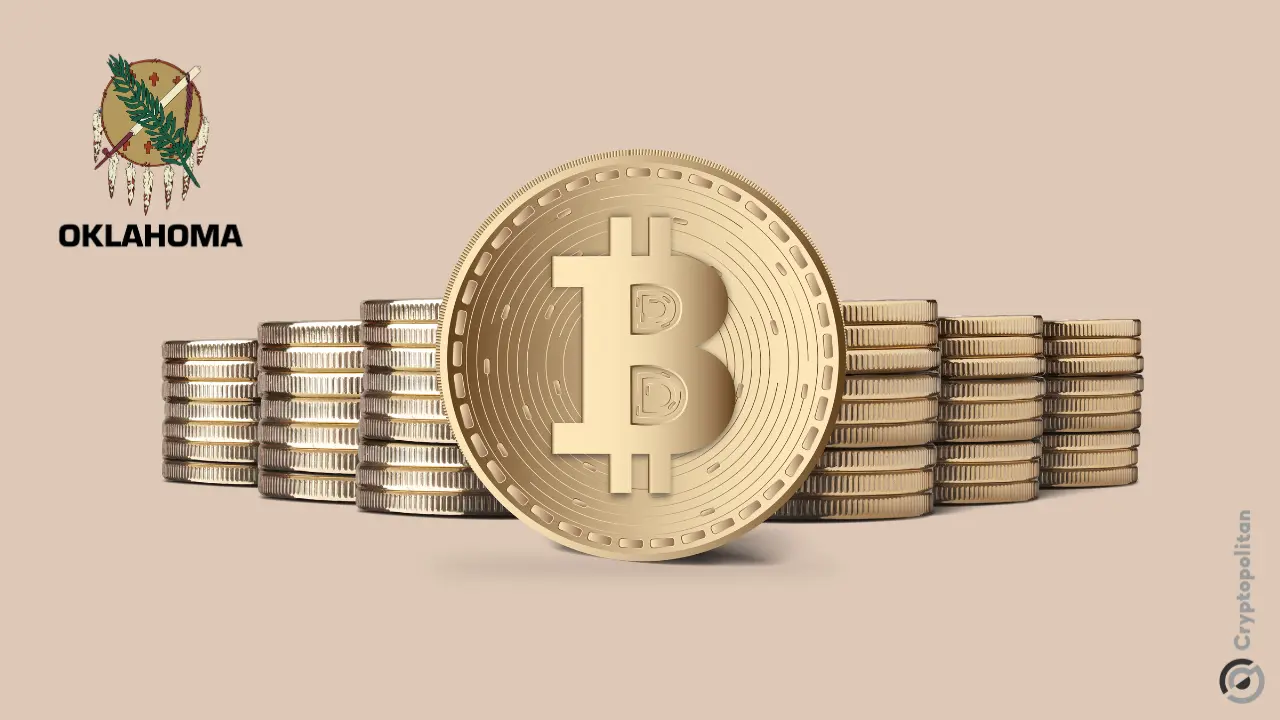- A Bitcoin-friendly regulation in the U.S. could challenge El Salvador’s current cryptocurrency strategies and economic recovery efforts.
- Increased U.S. investment in Bitcoin may either compete with or bolster El Salvador’s ambitions to become a crypto hub.
As the United States teeters on the brink of adopting Bitcoin-friendly regulations under the upcoming Trump administration, the global cryptocurrency community watches with bated breath.
This shift in U.S. policy may redefine the landscape of cryptocurrency investments and operations, not only within its borders but also in nations like El Salvador, which has heavily integrated Bitcoin into its economic framework.
Implications for El Salvador
In 2019, under President Nayib Bukele, El Salvador made headlines by adopting Bitcoin as legal tender, a bold move intended to stimulate economic growth and attract foreign investment.
The country has since launched various initiatives to entice crypto entrepreneurs and investors, offering incentives such as immediate citizenship and tax exemptions.
These efforts are part of a broader strategy to transform El Salvador into a global Bitcoin hub, a plan that could face new challenges and opportunities with the U.S.’s proposed regulatory changes.
The crux of the matter lies in whether the U.S. will position itself as a rival or a complementary player in the cryptocurrency arena.
President Trump has hinted at transforming the U.S. into a cryptocurrency paradise, which could attract a significant portion of the investments and activities currently headed to more regulatory-friendly jurisdictions like El Salvador.
Should the U.S. establish itself as a crypto-friendly nation, it could potentially eclipse smaller players like El Salvador, which rely heavily on their cryptocurrency policies to fuel economic growth.
However, it’s not all dire; a robust U.S. crypto market could also legitimize and increase global cryptocurrency usage, from which El Salvador could benefit immensely.
The ripple effects could enhance the trust and adoption of Bitcoin globally, including in El Salvador, leading to increased acceptance among Salvadorans and potentially boosting the local economy.
Moreover, U.S. regulations could influence the level of scrutiny and control over Bitcoin activities in El Salvador. Since the country declared Bitcoin as legal tender, it has faced international scrutiny and criticism.
Any stringent regulations introduced by the U.S. might increase these pressures, yet they could also pave the way for more structured and secure crypto operations in El Salvador.
A Dual-Edged Sword
The potential U.S. regulations represent a dual-edged sword for El Salvador: on one hand, they could attract more global investments to the U.S., diminishing El Salvador’s appeal.
On the other hand, they might also promote a healthier, more stable cryptocurrency market that benefits all players, including El Salvador, by enhancing global acceptance and integration of Bitcoin.
In this emerging scenario, the interaction between U.S. policy changes and El Salvador‘s crypto-economic strategy exemplifies the intricate dance between national regulations and global cryptocurrency markets.
As both countries maneuver through these changes, the ultimate impact on El Salvador will hinge on the specific nature of the U.S. regulations and the strategic responses from Bukele’s administration.
This ongoing development promises to shape not just the economies of the U.S. and El Salvador, but also the broader landscape of global cryptocurrency markets.
As El Salvador continues to navigate its path as a pioneer in national Bitcoin adoption, the world watches to see how this small country adapts to potentially massive shifts in the global financial ecosystem driven by U.S. policy changes.













